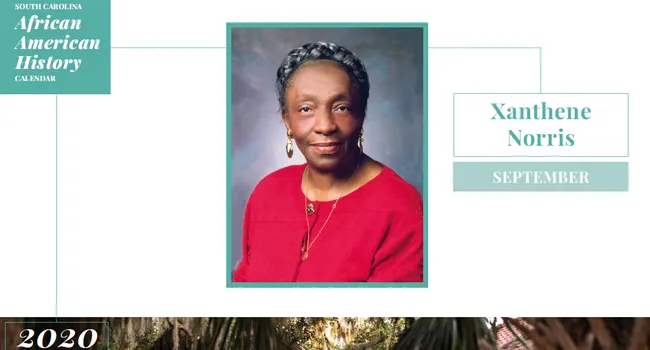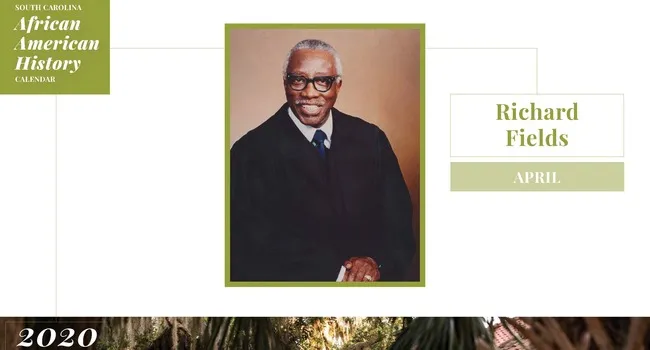Activity Sheets include:
- Use the photo of the marker and the bio to compare five facts about Sergeant Isaac Woodard Jr.
- Use the ad for the Isaac Woodard Benefit Show from 1946 to answer the questions.
Sergeant Isaac Woodard Jr. was born on March 8, 1919, in Fairfield County, S.C. to Sarah Elizabeth Woodard and Isaac Woodard Sr. He was the fifth of nine children.
At 23, Woodard enlisted in the U.S. Army at Fort Jackson in Columbia, S.C. On February 12, 1946, after returning to the U.S. from serving in World War II, Woodard was on a bus heading for his home when he asked to use the restroom during a rest stop. The driver initially denied Woodard’s request and spoke to him in a disrespectful manner. Woodard told him to ‘treat him like a man’ as he had treated him. A short verbal altercation ensued. Woodard was allowed to use the restroom. At the next stop, the driver pulled over in Batesburg, S.C. where police officers took Woodard into custody, arrested and assaulted him while he was jailed, blinding him by beating him in the eyes.
In September of 1946, President Harry S. Truman learned of Woodard’s blinding and ordered the Justice Department to open an investigation. A short time later, the officers involved were indicted and acquitted in U.S. District Court with Judge Julius Waties Waring presiding.
A short time later, Truman began the process of desegregating the U.S. military and creating the President’s Committee on Equality of Treatment and Opportunity in the Armed Services.
In an interview with Gil Noble, Woodard said, “People should learn how to live with one another and how to treat one another. Because after all, we all are human beings, regardless of color.”
Woodard moved to the Bronx, N.Y. where he lived near family and owned properties until his death in 1992. In 2019, a historical plaque was erected in Batesburg-Leesville to memorialize the 1946 attack.









































